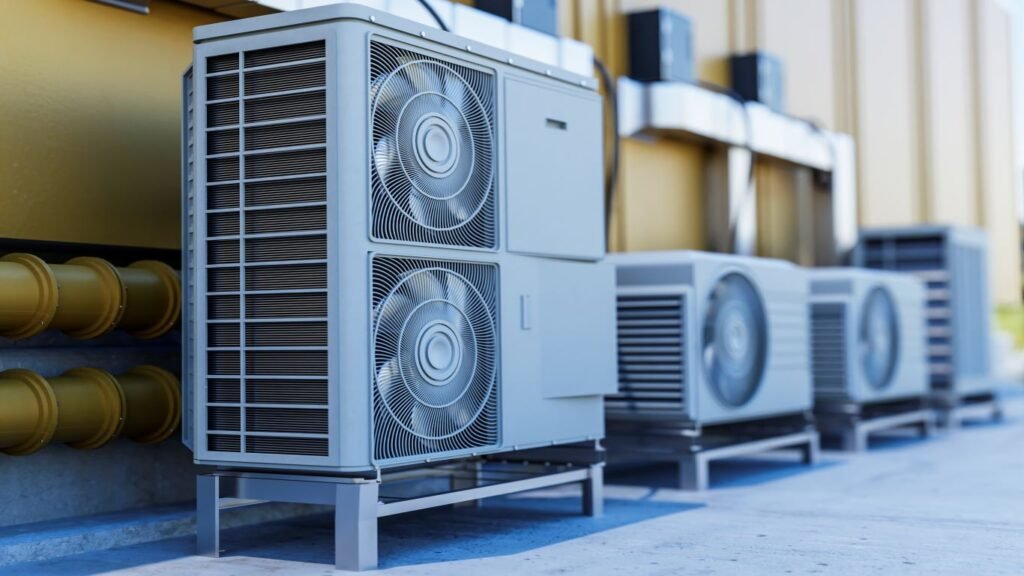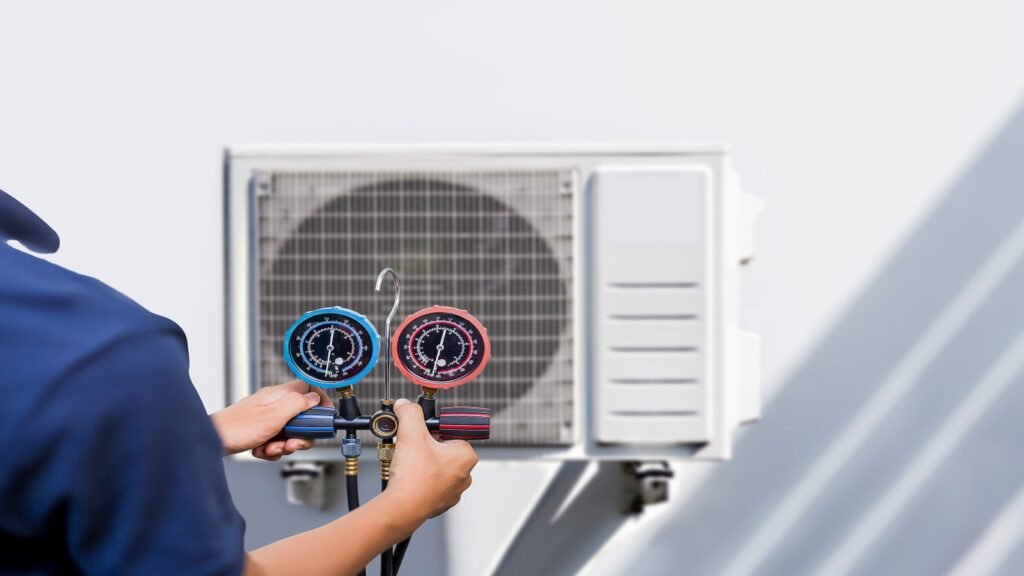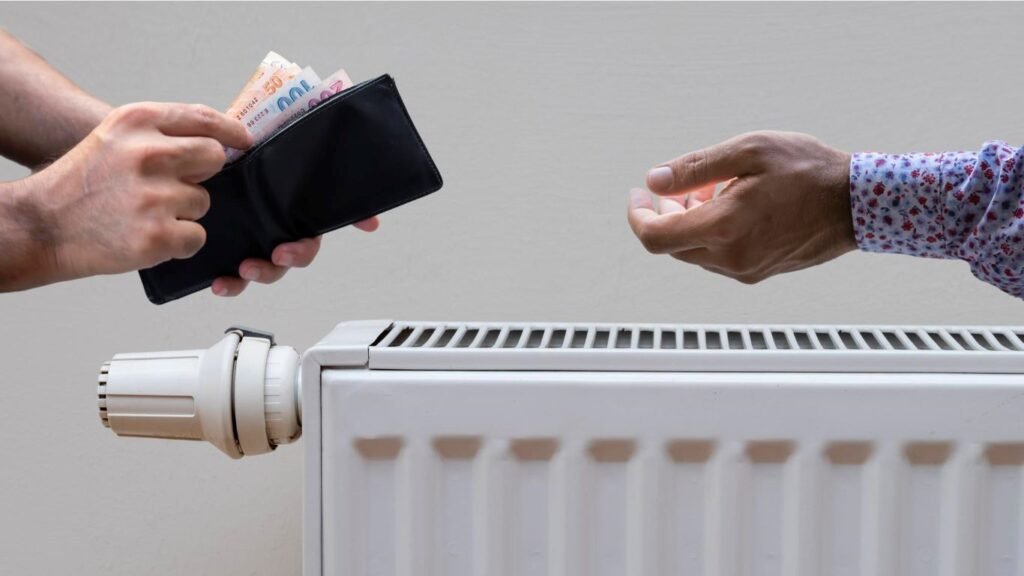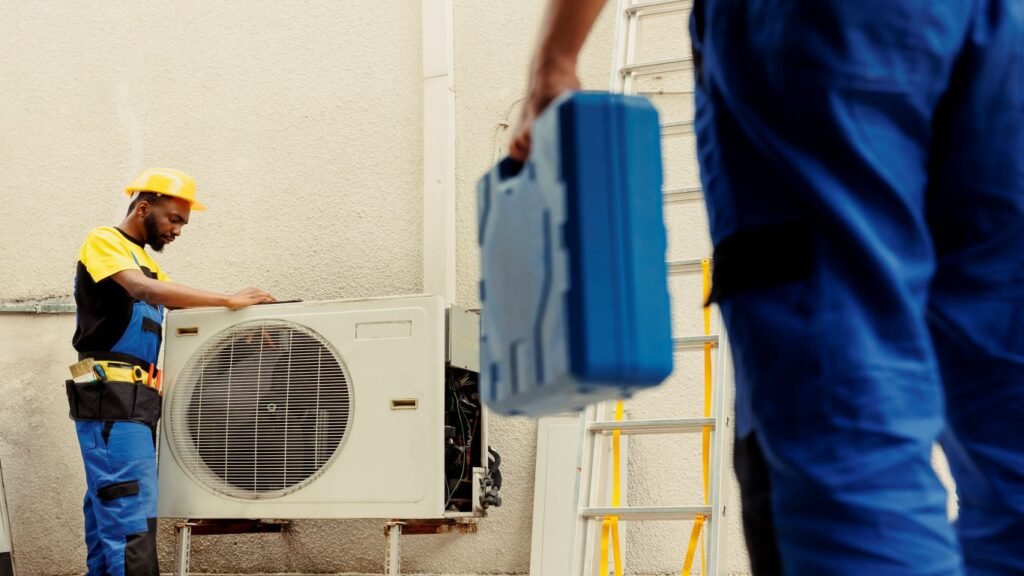Heat Pump
In recent years, heat pumps have emerged as an increasingly popular solution for heating and cooling homes efficiently. Unlike traditional HVAC systems that rely on burning fossil fuels, heat pumps work by transferring heat from one place to another using a refrigerant. This technology not only reduces carbon emissions but also provides significant cost savings over time. As a homeowner considering a switch to heat pumps, it's essential to understand key features, benefits, and considerations before making a decision.
Understanding
Heat Pump Technology
How Heat Pumps Work:
Heat pumps utilize a refrigerant cycle to transfer heat from outdoor air, ground, or water sources to heat or cool indoor spaces.They operate in reverse during the summer, extracting heat from indoors and releasing it outdoors to cool the home.
Types of Heat Pumps
Air Source Heat Pumps:
Extract heat from the outdoor air and transfer it indoors.
Ground Source Heat Pumps (Geothermal):
Utilize the relatively stable temperature of the ground for heating and cooling.
Water Source Heat Pumps
Extract heat from a water source such as a lake or pond.
Benefits of Heat Pumps
Energy Efficiency:
- Heat pumps are highly energy-efficient, capable of delivering up to four times the energy they consume.
- They provide both heating and cooling, eliminating the need for separate systems.
Cost Savings:
- While the initial investment may be higher, homeowners can save significantly on utility bills over the system's lifespan.
- Energy efficiency rebates and incentives may be available, further reducing upfront costs.
Environmental Impact:
- By reducing reliance on fossil fuels, heat pumps help lower carbon emissions and mitigate environmental impact.
Choosing the Right Contractor
Importance of Professional Installation:
- Heat pumps are highly energy-efficient, capable of delivering up to four times the energy they consume.
- They provide both heating and cooling, eliminating the need for separate systems.
Assessing Contractor Credentials:
- While the initial investment may be higher, homeowners can save significantly on utility bills over the system's lifespan.
- Energy efficiency rebates and incentives may be available, further reducing upfront costs.
Obtaining Multiple Quotes:
- By reducing reliance on fossil fuels, heat pumps help lower carbon emissions and mitigate environmental impact.
About
Heat Pump
heat pump installation
Efficient Heat Pump Installation, Lower Energy Bills
Heat pump replacement cost
Curious About Your Heat Pump Replacement Options? Call Now.
Heat pump not heating
Heat Pump Not Working? Call us now to help with your problem
Geothermal heat pump
The Future of Home Comfort with Reducing your carbon footprint.
Ground source heat pump
Efficient Ground Source Heat Pumps, Lower Energy Bills
New Heat pump
Upgrade to a New, Energy-Efficient Heat Pump & Enjoy lower energy bills.
Maximizing Efficiency with Heat Pumps
Regular Maintenance:
- Schedule annual maintenance checks to keep the heat pump operating at peak efficiency.
- Tasks may include cleaning coils, checking refrigerant levels, and inspecting electrical components.
Optimal System Sizing:
- Ensure the heat pump is properly sized for the home's heating and cooling demands.
- Oversized or undersized units can lead to inefficiencies and premature wear.
Smart Thermostat Integration:
- Pairing the heat pump with a smart thermostat allows for precise temperature control and scheduling.
- This optimization can further enhance energy savings and comfort.

Heat Pump Service Near You
Confirmed Contracting Corp is proud to offer our expert insulation services to many communities across Canada. From the bustling cities to the serene countryside, our team is dedicated to providing top-quality insulation solutions. No matter where you are in Canada, we're here to help you improve your home's energy efficiency and comfort.
Heat Pump Service Mississauga
Heat Pump Service Vaughan
Heat Pump Service Oakville
Heat Pump Service Aurora
Heat Pump Service Markham
Heat Pump Service Newmarket
Heat Pump Service Richmond Hill
Heat Pump Service Toronto
Heat Pump Service North York
Heat Pump Service Montreal
Heat Pump Service Quebec City
Heat Pump Service Gatineau
Leveraging Energy Efficiency Rebates
Researching Available Incentives:
- Check with local utility companies and government agencies for energy efficiency rebate
- These incentives can offset the initial cost of heat pump installations.
Meeting Rebate Requirements:
- Ensure the chosen heat pump meets the specifications outlined in rebate programs to qualify for incentives.
- Keep documentation and receipts organized to facilitate the rebate application process.
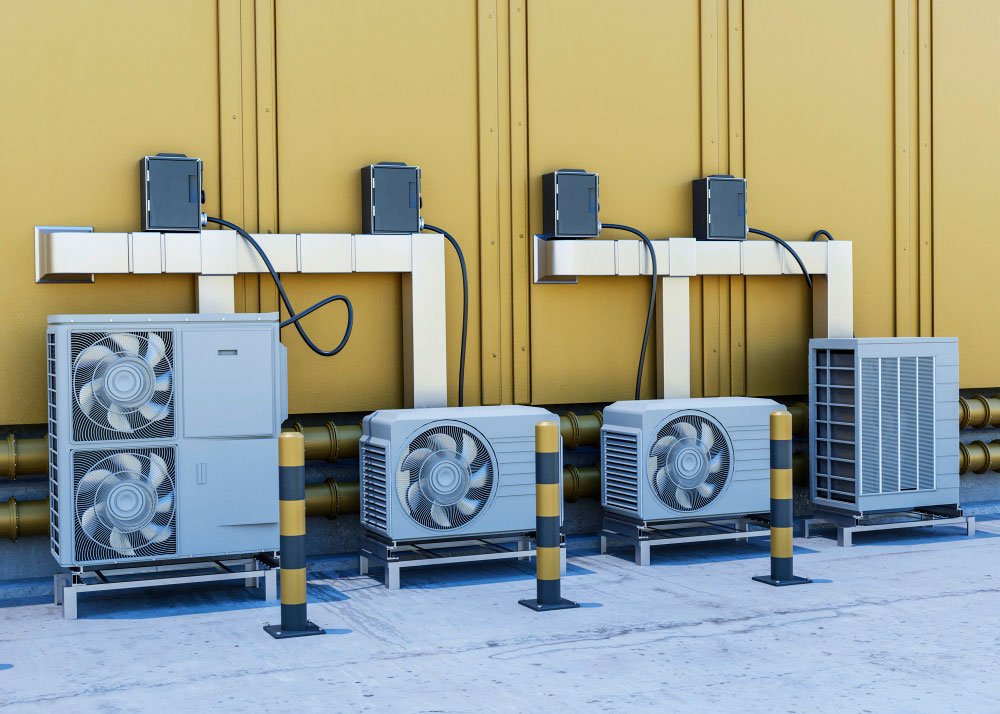
Related Posts
Click here to see more related posts.
Best Heat Pumps for Cold Climates in Canada: Top Picks for 2025
Canadian winters are no joke, and heating your home efficiently is more important than ever. In 2025, cold climate heat pumps have beco...
Comparing Heat Pumps vs. Traditional HVAC Systems: Which Is Right for You
Comparing Heat Pumps vs. Traditional HVAC Systems $ Choosing the right heating and cooling system for your home is more than just a mat...
Ground-Source Heat Pumps: How They Work and Their Benefits
Ground-source heat pumps (GSHPs) are gaining popularity among homeowners looking for efficient and sustainable heating and cooling solu...
Air Source Heat Pumps: A Complete Guide for Canadian Homeowners
As the focus on renewable energy grows, exploring sustainable solutions for your home becomes increasingly important. Air source heat p...
Heat Pump Repair: Maintenance,Service And Cost in 2024 [Plus FAQs]
Have you had heat pump problems? No sweat! Our heat pump repair and service focuses on speedy fixes and simple solutions. We're here to...
Heat Pump Rebates | Ultimate Guide For Homeowners 2024
As an Ontario resident, have you considered switching to a more environmentally friendly heating and cooling system? The variety of hea...
Heat Pump Services | Unlocking Energy Efficiency and Comfort
Are you looking for strategies to improve the efficiency of your heating and cooling systems while optimizing energy savings? This thor...
Tips for Choosing the Right Heat Pump Installers
The Heat Pump Installers oversee the installation and commissioning of heat pump systems. They install, service, repair, and maintain e...
